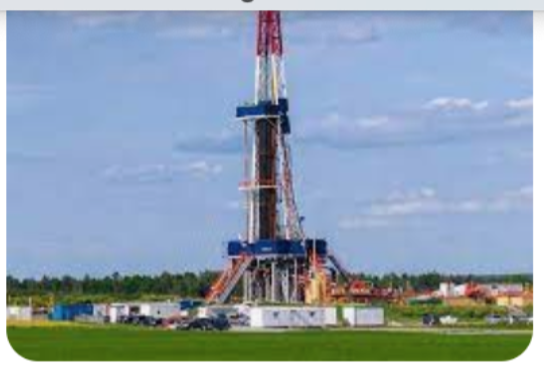Having interviewed about 500 petroleum geologists for the roles of mudlogger, Data Engineer and Wellsite geologist, I am in a position to identify some common mistakes that may cause the rejection of your candidature.
First and most common mistake is coming unprepared for the interview. People believe since they have been successfully working for years they know every thing there is to know to do the job. Forgetting that on the job when they face a problem or need to know something they have time to think, manuals to consult and colleagues to ask. During the interview they do not have these resources. More over as there are many candidates in line, an interviewer has to make on the spot decision about the suitability of the candidate. Let me further elaborate this point:
With many years of experience, you become efficient in you job by doing it repeatedly without sometime fully grasping or even forgetting the underlying principles and theories. For example on the rig you are asked what is the MW now? In interview you may asked what is the working principle of mud weight sensor? Similarly, while evaluating oil shows you observe and record among many things the color of the residual ring. But an interviewer may probe you by asking the significance of the color of the residual ring. Therefore, thorough preparation is indispensable for the successful outcome.
The second frequent mistake people make in their pursuit of the job is embellishing their CVs with false information or showing an exaggerated expertise. So when an interviewer tries to correlate their knowledge and skills with what they claim to be on their CVs, the inconsistencies quickly become apparent. Mismatch of experience or expertise makes a big dent in your chances of selection.
Sometimes upon getting a wrong answer, interviewer may ask the candidate if he is sure about it. Many candidates make the mistake by saying “yes. Very sure” just to show they are confident even when they are not. This false confidence is easily exposed and gives a negative impression about the candidate. Also this may create a credibility issue. Providing false information in a professional setting can have severe consequences for a company. This alone sometimes could be a reason of rejection.
Underestimating the expertise of interviewer may occasionally tempt a candidate to mislead him or even argue with the interviewer. This could be a fatal mistake on the part of candidate, which should be avoided at any cost. While some individuals are inherently argumentative, displaying this trait during an interview suggests it could manifest in the workplace as well. Engaging in arguments underscores weaknesses in communication skills.
In conclusion, it’s crucial to thoroughly prepare for probing questions. Such questions lead to a better assessment of your knowledge and skills. Furthermore, be ready to substantiate and justify every skill and expertise you’ve highlighted on your CV. Alternatively, consider omitting any exaggerations from your CV. Also remember, an interviewer evaluates not only your technical competencies but also your personal attributes and soft skills to gauge your overall suitability. Therefore, maintaining good communication and ethical integrity is of paramount importance.

